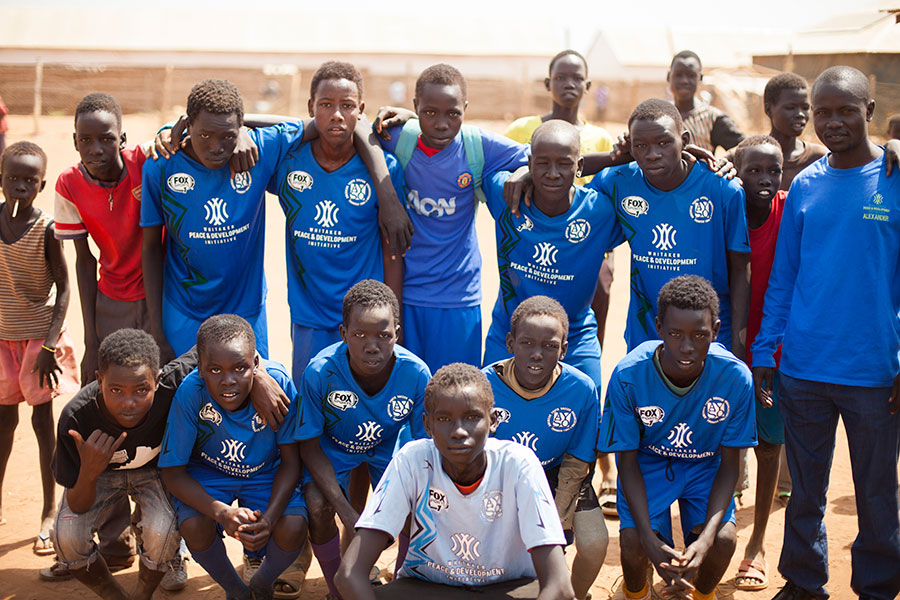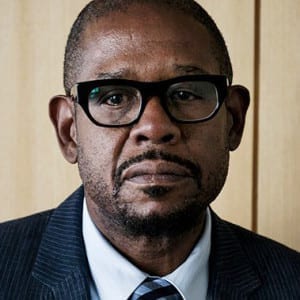Sports have a universal appeal that connects people across cultures, nationalities, and languages. Around the world, sports are an important part of daily life for countless women and men; they are a source of exercise, entertainment, and joy.
But sports can have an even deeper impact, too. They have the potential to be a powerful instrument for peace and development that can start dialogues, forge acceptance, and even end conflicts.
When two people connect on the playing field, they learn valuable lessons about themselves, each other, and the world around them. Sports teach us the virtues of fair play, how to respect our opponents, how to work together, and the importance of tolerance and inclusion. In many fragile and developing countries—especially those where conflict has forced children and youth out of the classroom—these lessons are sometimes not learned in any other contexts.
Indeed, the United Nations recently recognized the unique role that sports can play in global peacebuilding. The Declaration of the 2030 Agenda for Sustainable Development—which outlines 17 new global goals for the international community—acknowledges sports’ “promotion of tolerance and respect and the contributions [sports] make to the empowerment of women and of young people, individuals and communities as well as to health, education and social inclusion objectives.”
It is in this spirit of promoting tolerance and inclusion that WPDI created Peace Through Sports, a program that seeks to connect young women and men through their love of sports and instill in them values of mutual respect and fair play. Peace Through Sports originated at a UN protection-of-civilian (POC) site in Juba, South Sudan. Following the outbreak of violence in South Sudan in late 2013, the UN established a series of these POC sites throughout the nation to give refuge to the nearly 2 million South Sudanese citizens who had been internally displaced by the fighting. When I had the opportunity to visit some of these sites a few years ago, I saw that there were not enough resources to provide young people with emotional support for the trauma they had suffered. Feelings of hate and revenge were taking hold, and many youth were acting out on these negative emotions.

We conceived of Peace Through Sports as a productive activity that would bring youth together across ethnicities and lay the foundation for understanding and forgiveness. The response among the young people at the POC site was more overwhelming than we could have imagined. Over a thousand children and youth—boys and girls alike—signed up in the first month of the program for Peace Through Sports’ soccer, basketball, and volleyball teams. Daily matches began on newly constructed athletic facilities at the POC camp.
Peace Through Sports offers young people a fun, constructive outlet for their energy—but the impacts of program go far beyond the playing field. Before or after every match, the participants join together in a discussion about teamwork, respect, and non-violence. WPDI’s staff and outside experts hold frequent peace education sessions that provide vulnerable youth with psychosocial support as well as lessons on tolerance and reconciliation.
The program is also providing many of its participants with viable economic opportunities for advancement. The South Sudan Football Association works with us at the POC site, conducting hundreds of hours worth of trainings for players, coaches, and referees. Several months ago, 35 youth became certified coaches who will now have the chance to turn what they’ve learned in the program into meaningful careers.
The popularity of the program has revealed a greater truth about forging peace and fostering reconciliation: that people are more open to engage with these difficult concepts when they are active participants and not passive bystanders. Sports remind us that peace and development do not have to originate from inherently political or business-oriented processes. Anything that connects people to each other and allows them to work together toward a common goal can be a powerful source of peace and social growth.




































